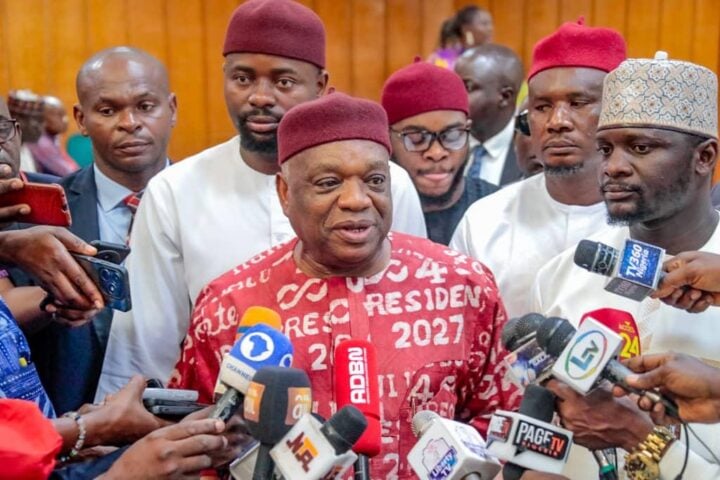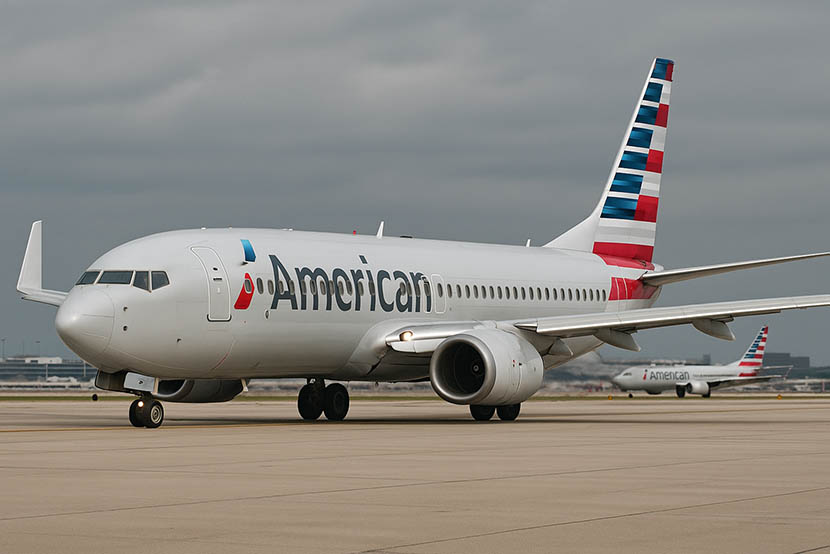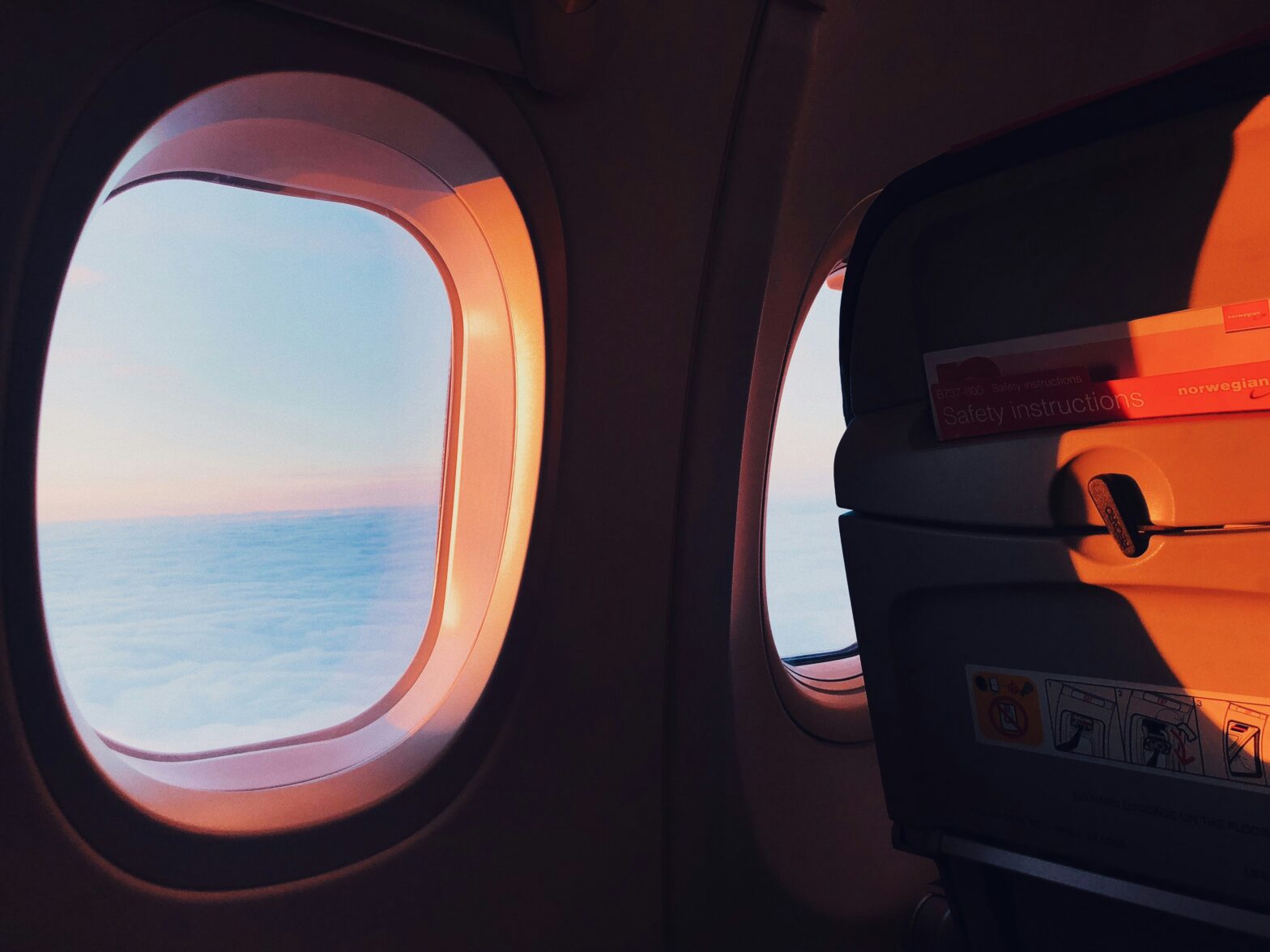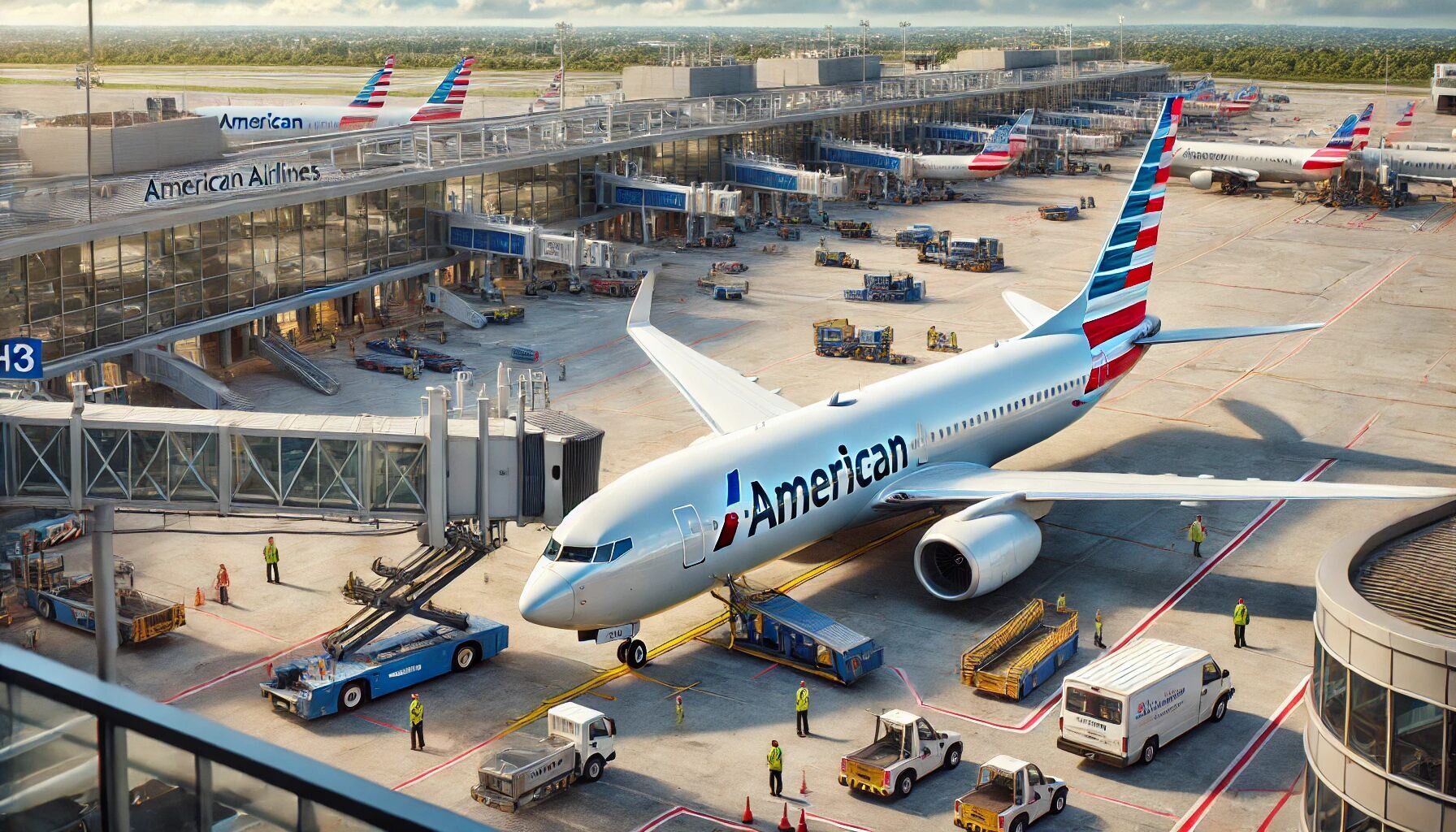New Investigation Reveals How United,Delta and American Airlines is Overcharging Solo Travelers - Travel And Tour World
Sunday, June 1, 2025

An investigation has revealed a disturbing trend among major airlines—American, Delta, and United—who are charging solo travelers significantly higher prices for the same flight compared to those purchasing tickets as part of a group. This pricing practice, which many view as exploitative, has sparked fierce backlash from travelers and critics alike. By intentionally inflating ticket prices for solo flyers, these airlines are seen as unfairly targeting individual passengers, especially those who often have no choice but to travel alone. The investigation has unveiled a system that some argue profits off the vulnerability of solo travelers, with major implications for the industry’s pricing transparency and ethical standards.
A recent revelation by a Minneapolis-based aviation expert has sparked significant attention online, exposing a pricing practice by major airlines that charges solo travelers more for tickets than those bought in groups. The findings, uncovered by Kyle Potter, the executive editor of Thrifty Traveler, have quickly gone viral, raising questions about the fairness of airline pricing strategies and whether certain travelers are being unfairly targeted.
The practice came to light when Potter attempted to purchase a flight for himself. While booking his ticket, he noticed a surprising trend: tickets for solo travelers were priced higher than those for individuals purchasing tickets as part of a group, even when flying on the same flight. Intrigued by this discrepancy, Potter decided to investigate further by running multiple tests, purchasing tickets for both solo and group bookings across several major airlines. What he discovered was concerning—Delta Air Lines, American Airlines, and United Airlines were all charging higher prices for solo travelers compared to those purchasing group tickets for identical flights.
Potter’s findings were shared on his Thrifty Traveler blog, where he detailed the pricing disparity and explained the methodology behind his tests. His post quickly went viral, being shared thousands of times across social media platforms and viewed by millions of online users. This widespread attention has prompted significant discussion about airline pricing strategies and the potential for exploitation of solo travelers, who may not always be aware of the higher rates they are being charged.
The pricing strategy itself is relatively simple but impactful. When purchasing tickets for a group, airlines often provide discounts or, at the very least, do not charge any extra fees for individual travelers within that group. However, when purchasing tickets for a solo traveler, airlines seem to have developed a tendency to raise the base price of the ticket, presumably to offset the absence of other travelers who might have been able to share costs. The result is that solo travelers are paying more for the same seat on the same flight as group travelers.
Kyle Potter suspects that this pricing practice may be intentionally aimed at business travelers, who frequently travel alone but often have their ticket costs reimbursed by their employers. By charging higher prices to solo travelers, airlines could be targeting business fliers, who are less likely to be concerned about the price since their companies typically cover the cost of the ticket. This strategy appears to have evolved as a way for airlines to maximize revenue from a group of travelers who might not be as price-sensitive as others.
Potter’s findings have led to a broader conversation about the transparency of airline pricing strategies. While many travelers have suspected that airline ticket prices vary depending on numerous factors—such as the time of booking, demand, or seat class—the idea that solo travelers are consistently paying more for the same service has raised ethical concerns. Critics argue that this practice exploits those who are simply traveling alone, a scenario that many individuals are forced into for both personal and professional reasons.
In response to the growing backlash, WCCO, a local news station, reached out to the airlines involved in Potter’s investigation: Delta Air Lines, American Airlines, and United Airlines. Of the three, only Delta responded to the inquiry. The airline has yet to clarify its pricing strategy in full, but its response is being closely monitored by travelers and aviation experts alike, as it could set a precedent for how the industry addresses these concerns moving forward.
Potter, meanwhile, continues to advocate for greater transparency in the airline industry and for travelers to be more aware of pricing practices that may not be immediately obvious during the booking process. He encourages solo travelers to research their ticket prices thoroughly and to consider booking with airlines that offer clear and fair pricing structures, regardless of group status.
The issue has highlighted broader frustrations with airline pricing models, which have long been a source of confusion and frustration for travelers. While some may argue that the airline industry is simply responding to market demands and optimizing pricing based on business needs, many consumers believe that the current system lacks fairness and accountability. Pricing discrepancies between group and solo tickets could lead to a situation where solo travelers are essentially penalized for traveling alone, which raises questions about whether this practice is ethically sound or simply a money-making tactic at the expense of vulnerable customers.
As Potter’s findings continue to gain traction, more attention is being placed on the transparency of airline pricing, with calls for greater regulation and oversight. Many argue that if this pricing disparity is a widespread practice, it may be time for the aviation industry to reconsider its approach to ticket pricing, ensuring that all travelers are charged fairly and without discrimination.
An investigation has uncovered that American, Delta, and United are charging solo travelers significantly higher ticket prices than group buyers for the same flight, sparking widespread outrage. This pricing strategy has raised ethical concerns and calls for greater transparency in airline fare structures.
For now, Potter’s investigation serves as an important reminder for solo travelers to carefully consider the full cost of their flights before finalizing their bookings. As the story continues to evolve, it will be interesting to see how the airlines respond and whether this issue leads to significant changes in how airlines approach pricing for solo versus group travelers.










